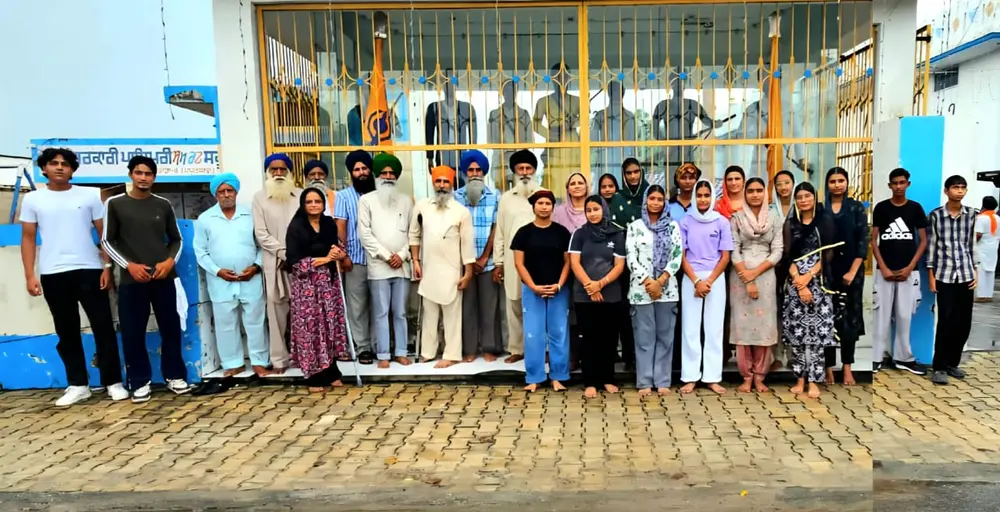
Khalsa College Dumeli conducted an educational tour of the historical village of Babeli.
Hoshiarpur- The History Department of Sant Baba Dalip Singh Memorial Khalsa College Dumeli, an educational institution running under the Shiromani Gurdwara Parbandhak Committee, conducted an educational tour of the historical village of Babeli. The main purpose of this tour was to provide important information about the historical importance of the village of Babeli to the students. First of all, the students were taken to visit Gurdwara Chauta Sahib, the place where the feet of the seventh Guru, Sri Guru Har Rai Sahib Ji, were touched.
Hoshiarpur- The History Department of Sant Baba Dalip Singh Memorial Khalsa College Dumeli, an educational institution running under the Shiromani Gurdwara Parbandhak Committee, conducted an educational tour of the historical village of Babeli. The main purpose of this tour was to provide important information about the historical importance of the village of Babeli to the students. First of all, the students were taken to visit Gurdwara Chauta Sahib, the place where the feet of the seventh Guru, Sri Guru Har Rai Sahib Ji, were touched.
Madam Amarpal Kaur, Head of the History Department, shared information with the students and said that this is the religious place where Guru Har Rai Sahib Ji stayed at this place for 90 days in 1655-56 along with 2200 horsemen. The students were also shown a place very close to Gurdwara Chauta Sahib which is associated with the Babbar Akali movement that took place in Bist Doab in 1920. The clash between four Babbars and the police force including 2200 British soldiers at village Babeli in 1923 is famous as the ‘Battle of Babeli’.
Historical details reveal that Babbar Sardar Karam Singh Daulatpur, editor of ‘Babbar Akali Newspaper’, Sardar Udhe Singh from village Ramgarh Jhugian, Sardar Bishan Singh Mangat and Sardar Mohinder Singh Pandori Ganga Singh, from village Dumeli, who were active in the Babbar Akali movement, stayed at the house of Babbar Shiv Singh in village Babeli after attending a conference. A person named Anoop Singh informed the police about these four Babbars. The British government was already afraid of the Babbar Akali movement, so 2200 British soldiers from Jalandhar and Kapurthala, along with the police force, were sent to the village of Babeli to confront the four Babbars.
In the Battle of Babeli held on 01-09-1923, the four Babbars risked their lives while giving a fierce fight to the British army with unparalleled bravery and courage in the stream flowing near Gurdwara Chauta Ji Sahib. Local people say that even today this stream is known as 'Babbar's Stream'. It was also learned from the people that the British government had stopped the villagers from cremating these four Babbars, but Sardar Sadhu Singh of the nearby village of Bhabiana, disregarding the government order, cremated these Babbars.
Due to which Sardar Sadhu Singh was punished with 100 lashes for disobeying the order of the British government. The students were also taken to Gurdwara Shaheed, dedicated to the memory of Babbars, where the students and staff paid tribute to the martyrs who sacrificed their lives in the historic battle of Babeli. At this place, the students and staff got the opportunity to meet the family members of Babbars.
This educational tour impressed the students with the fact that Gurdwara Chauta Sahib and the places of historical importance of the Battle of Babeli connect spiritual roots with the revolutionary struggle. This educational tour, conducted under the inspiring leadership of the College Principal Dr. Gurnam Singh Rasoolpur, who is always ready for the all-round development of the students, left a deep impression on the students and the teachers and turned out to be a memorable one.
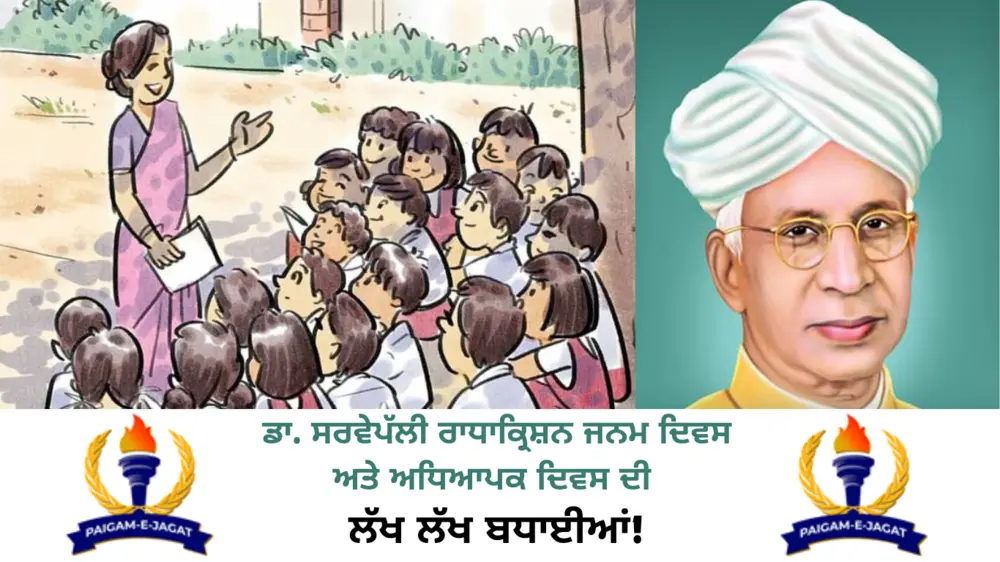
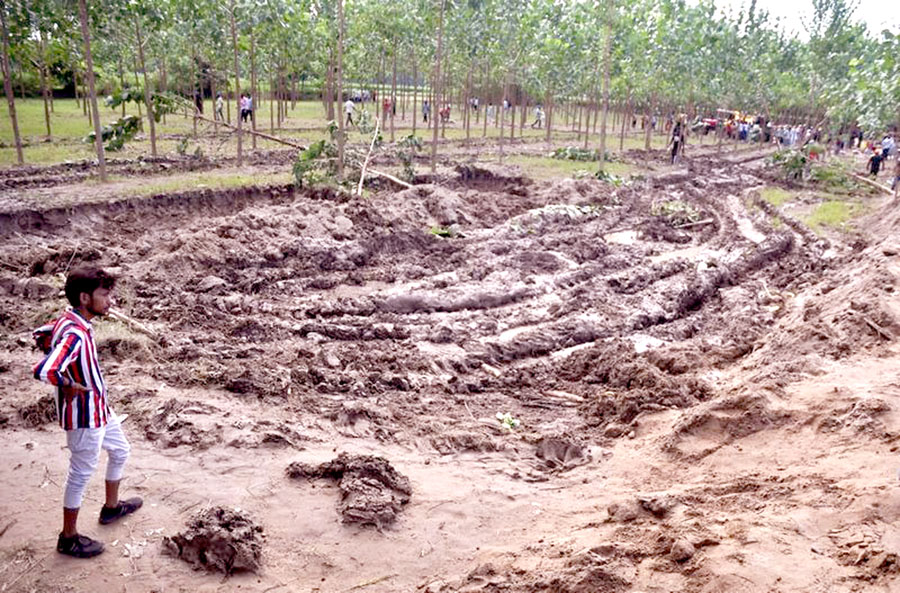
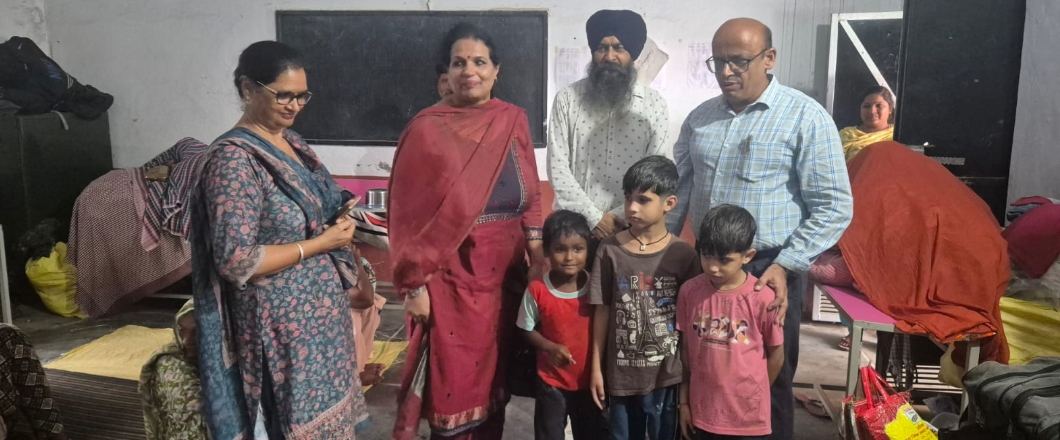
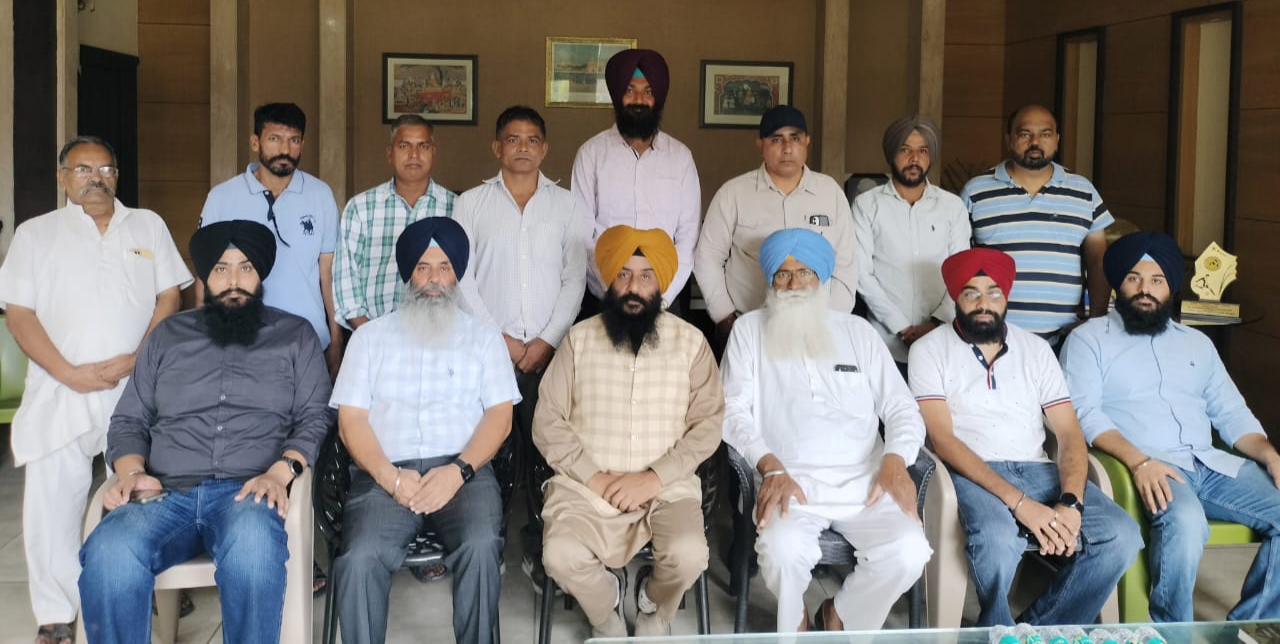
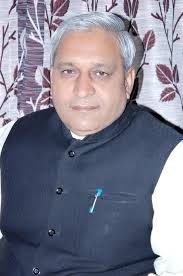
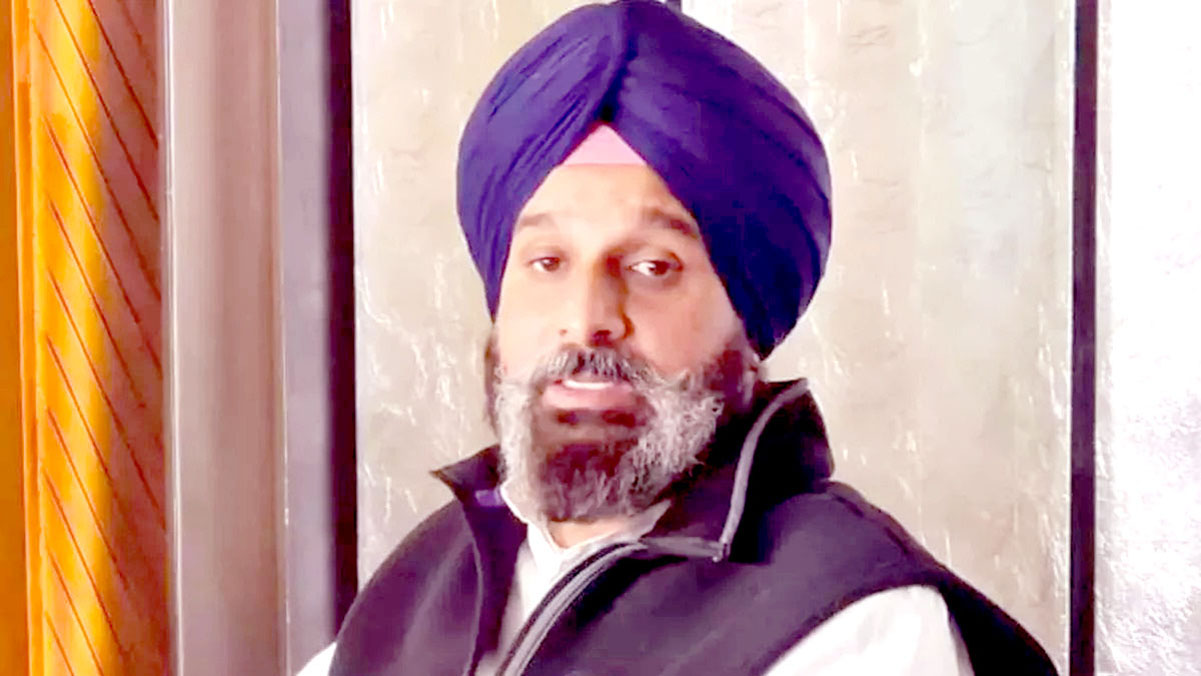
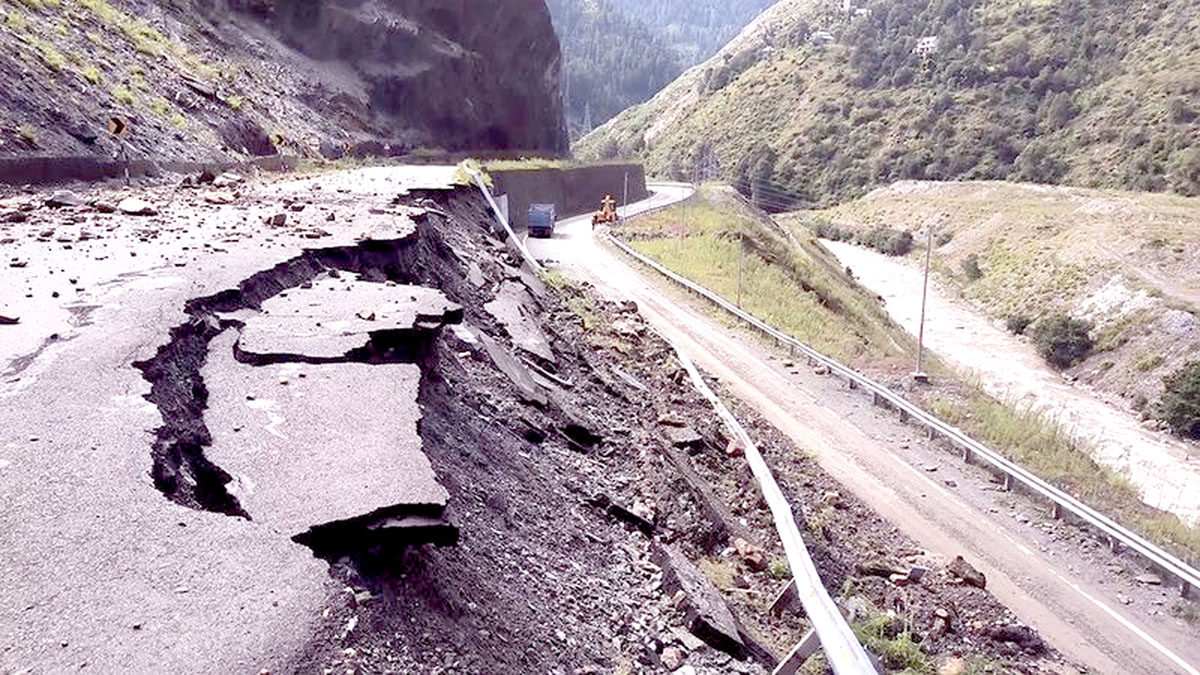
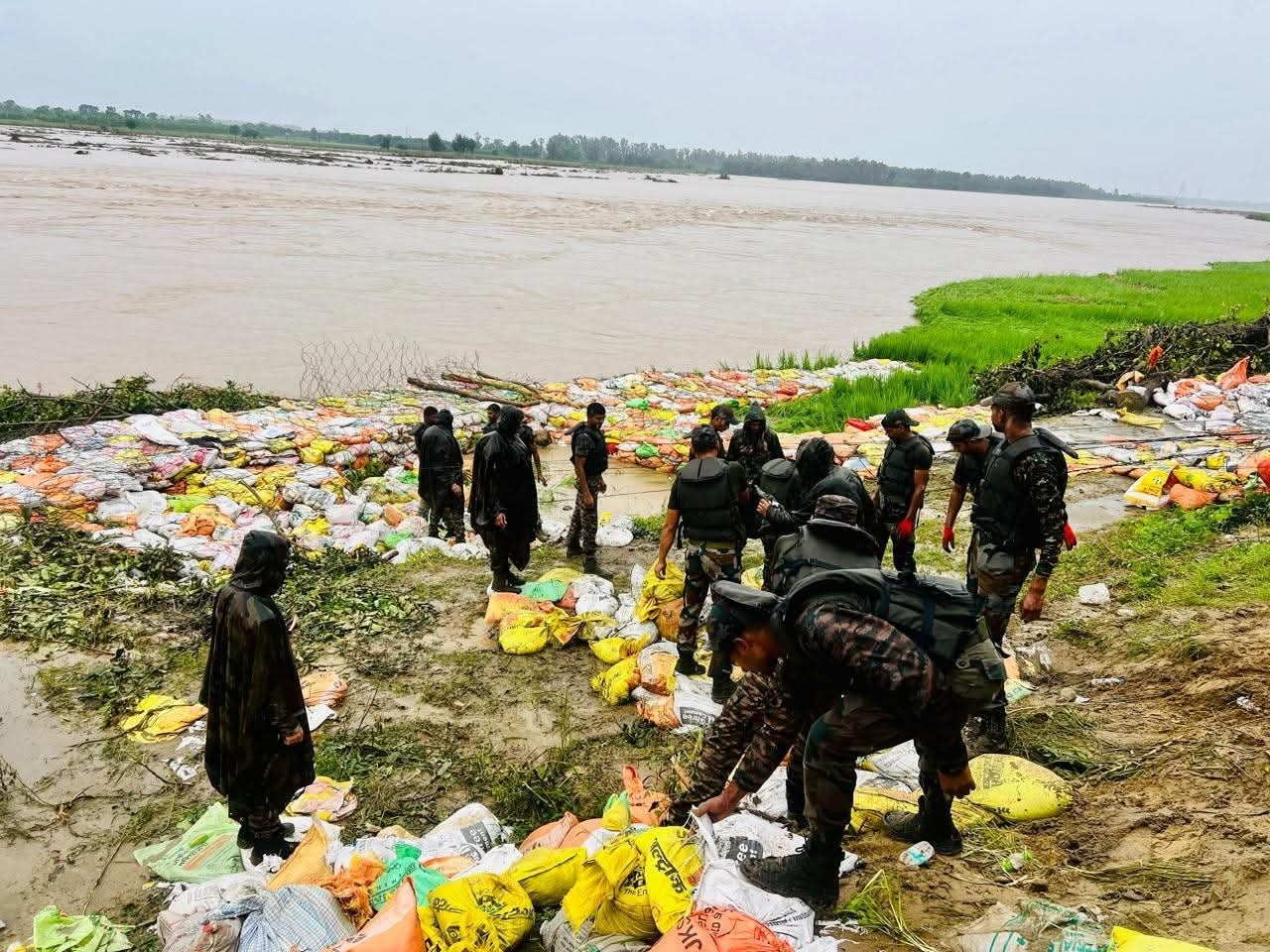
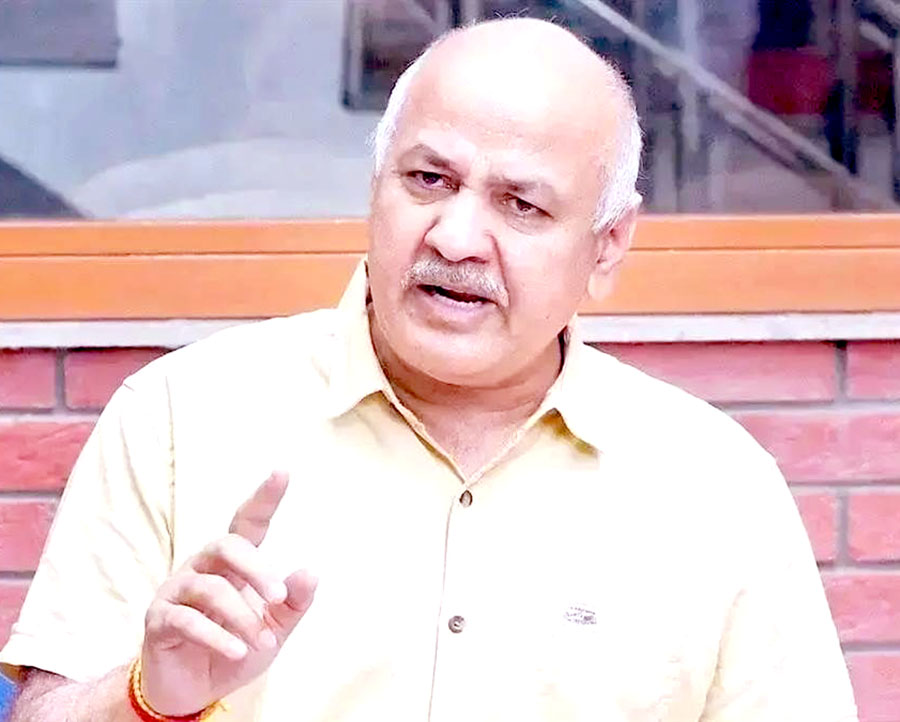
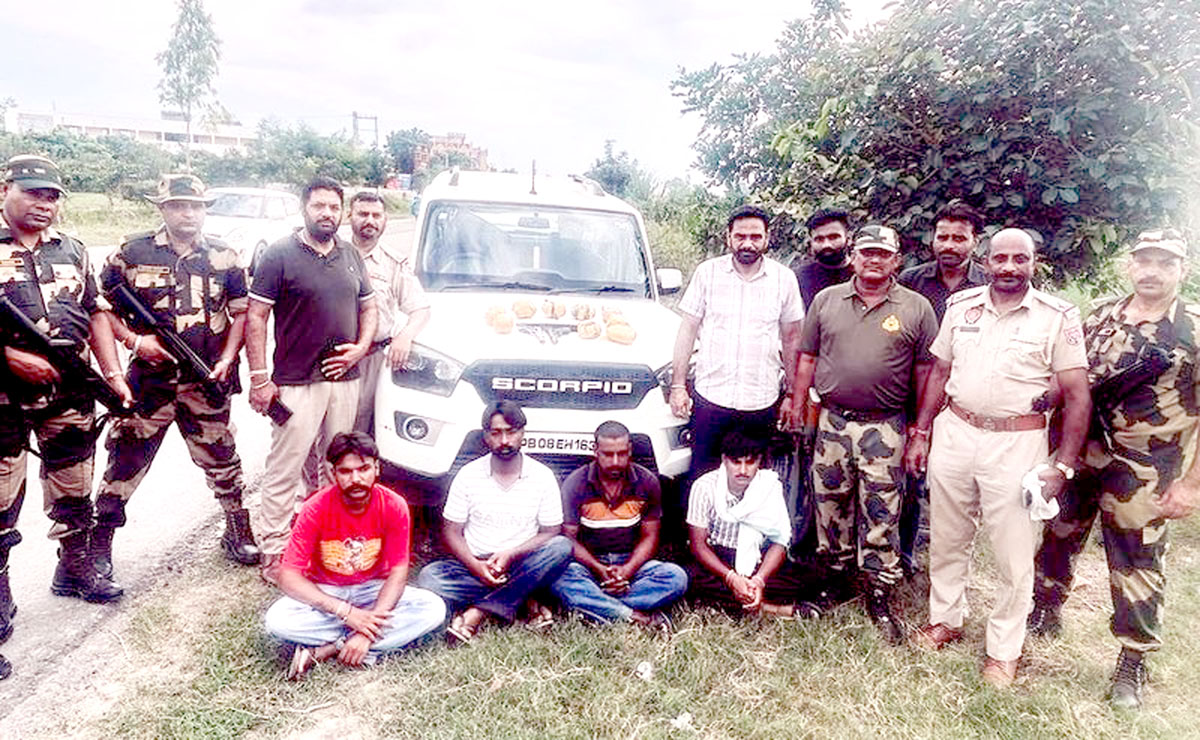


.webp)

